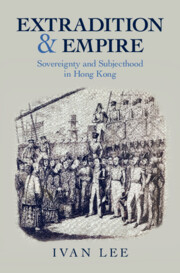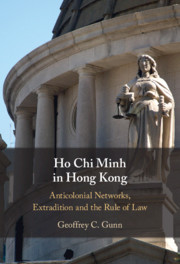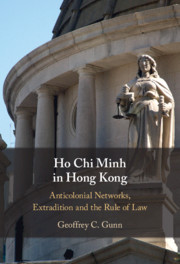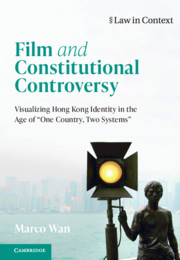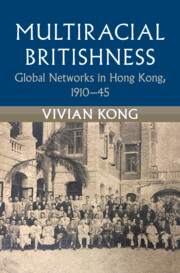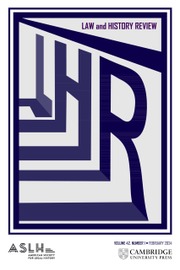Extradition and Empire
In the first book-length study of the imperial history of extradition in Hong Kong, Ivan Lee shows how British judges, lawyers, and officials navigated the nature of extradition, debated its legalities, and distinguished it over time from other modalities of criminal jurisdiction – including deportation, rendition, and trial and punishment under territorial and extraterritorial laws. These complex debates were rooted in the contested legal status of Chinese subjects under the Opium War treaties of 1842–43. They also intersected wider shifts and tensions in British ideas of territorial sovereignty, criminal justice and procedure, and the legal rights and liabilities of British subjects and alien persons in British territory. By the 1870s, a new area of imperial law emerged as Britain incorporated a frontier colony into an increasingly territorial and legally homogenous empire. This important perspective revises our understanding of the legal origins of colonial Hong Kong and British imperialism in China.
- Pivots away from dominant scholarly narratives of orientalism and gunboat diplomacy, focusing instead on internal shifts in British legal thought
- Explains the origins of British extradition law as involving wide-ranging disputes and experiments in the colonial legal ordering of people, territory, and executive power
- Historicises and illustrates the shifting meanings of extradition, deportation, extraterritorial jurisdiction, and other related legal concepts
Reviews & endorsements
'This important study of the complex foundations of British rule offers fascinating new insights into the contentious issues of sovereignty, nationality and jurisdiction that were to recur throughout Hong Kong's history. These issues converged in Hong Kong's unusual approach to extradition, which, Lee argues, both influenced and interacted with emerging policies elsewhere in the British Empire.' Christopher Munn, author of Anglo-China: Chinese People and British Rule in Hong Kong 1841–1880
'Lee places the complex and contested jurisdictional claims of Britain and China over Hong Kong and its peoples at the centre of a powerful new account of the making of the law of extradition. In so doing he offers important new thinking about jurisdictional politics and the expansion of the British Empire in the nineteenth century.' Shaunnagh Dorsett, University of Technology Sydney
'Lee provides a careful account of extradition law's fitful development in Hong Kong, showing how it has always been entangled with adjacent practices like deportation and rendition. Though we often imagine law being made in treaties, Lee shows its genesis in the ad hoc choices of colonial governors, judges, and other law officers. He also reveals the changing meanings of borders, as the extra-territorial claims to jurisdiction of overlapping sovereignties operated in surprising ways across law's empire. This is a must-read for lawyers and historians who want to understand why and how extradition came to occupy the place it holds in international law.' Paul Halliday, University of Virginia
Product details
July 2025Hardback
9781009356930
260 pages
229 × 152 × 19 mm
0.49kg
Available
Table of Contents
- Acknowledgements
- List of Maps
- List of Abbreviations
- Introduction: Dimensions of Extradition and Empire
- 1. Improvising Sovereignty
- 2. Domesticating Mobility
- 3. Navigating Disorder
- 4. Rationalising Reciprocity
- 5. Founding Alsatia
- Conclusion: Legacies of Extradition
- Notes
- Index.

